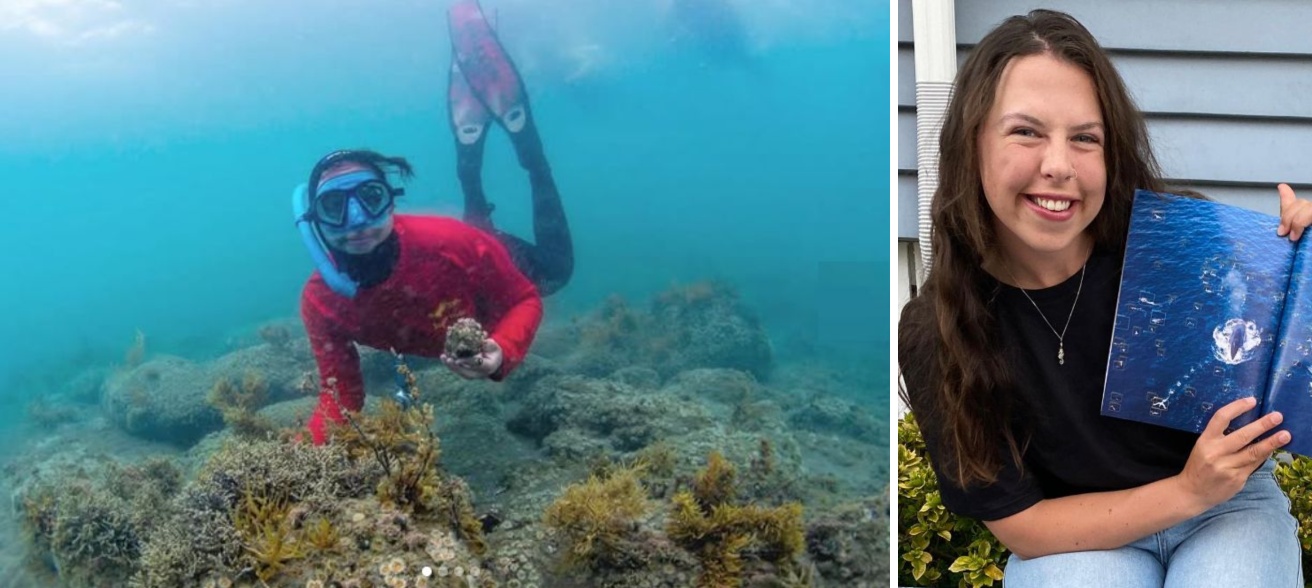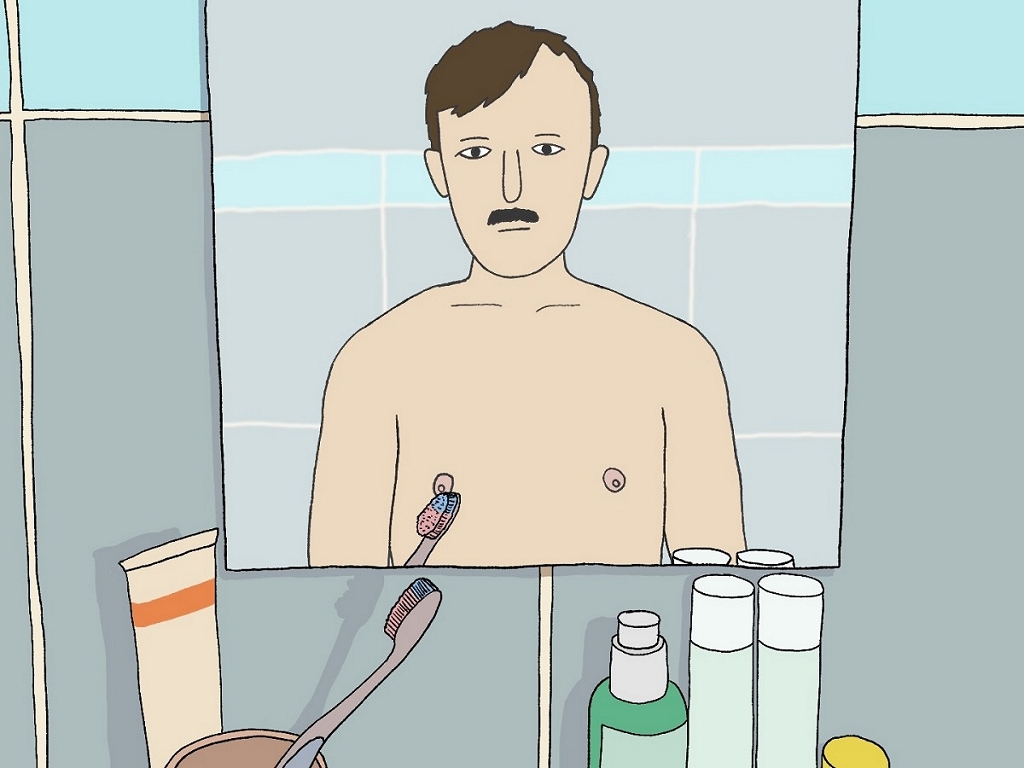More octopus shark « sharktopus ». The unusual trip to tandem documented by the delayed researcher a year ago

The Mako, the fastest shark of the oceans, takes a great octopus Maori from 11 kg. The images that have captured the interest of biologists from all over the world. An award to remember the biologist who collected them
It is already becoming the phenomenon « Sharktopus», That it would be the set of shark (Shark) e octopus (Octopus). In this case, a Mako shark and a Maori octopus, specimens living in the oceans of the southern hemisphere. But this is not a new « Frankenstein species », out of a laboratory or resulting from a joke of nature. « Sharktopus » is not a new intersection of two marine animals but rather the effect of a random encounter which however is intriguing the world of marine biologists. Everything starts from some images that have been shot in March 2023 but which are circulating these days after theAuckland University He relaunched them on his Instagram profile.
Photos and videos show a specimen of Mako, a shark that can reach two meters in length, which swims as it is used to do a little under the hair of the water. To hit the researchers who came across it was aanomalous orange spot on his backlike a shapeless protuberance. Very unusual, so much so that they tease their curiosity. With the help of a drone for aerial filming and a specific room for the underwater ones, however, they soon came to the head of the mystery: that strange accessory that adorned the great carnivorous on its journey was nothing more than a Maori Octopus, a typical cephalopode of the area – specifically the sighting occurred in the Gulf of Haurakia vast inlet in front of the coasts of the New Zealand capital – which was safely made to be transported by that fish that normally, if it had faced it, he would have done everything to eat it. The same shark appears far from annoyed by his passenger and, at least in the images collected, he does absolutely nothing to get rid of it. Although it is an octopus that can even weigh 11 kilos, in short, not a feather weight. And here is the interest of the researchers.
Sharks and whales they are often covered with other marine organisms who exploit the biggest animals as protection – their natural predators are away from the « giants » – reciprocating the favor with the constant cleaning of their doorsi (« activities » also evoked in the « Shark Tales » cartoon). But they are mostly small fish or other organisms that feed on dead skin or parasites that infect large marine mammals. And that in any case after a while they also become annoying, so much so that according to some theories to get rid of them these animals would tend to often bring their back out of the water, forcing them to give up. Another strangeness, according to scholars, is that Normally Maori lives on the sandy seabed while the Mako tends precisely to stay close to the surface. In short, it is not known how the meeting was able to happen.
The images collected only a few minutes on this trip and it is not known how the story ended. If the octopus has been disarmed, if he was then eaten or if he managed to get by anyway. The Mako is one Superveloce sharka « Formula 1 of the seas » that manages to move even at almost 50 km per hour. It is conceivable that, once the turbo has been inserted, the shark has become a much less comfortable means of transport and that the octopus has had to give up the grip. However, the curiosity and the starting point for further insights remains.
Who cannot be carried out by the young researcher who had made the aerial shots of that video, Wednesday Davisspecialized in the use of drones, who died a few months after those taken up in a mountain accident. To remember the University, he established the Wednesday Davis Awarda prize in the form of a scholarship worth 5 thousand dollars, for «motivate and support a student That undertakes a master’s degree in marine sciences, reflecting the same dedication that Wendy had in marine conservation « . The selection will also take into account the participation of candidates for voluntary and community activities, another area in which Davis was committed. « It was an exceptional marine scientist, we highly appreciated and loved it as part of our community – underlines a note from the University of Auckland -. His legacy will continue to be inspired by many emerging marine scientists ».








